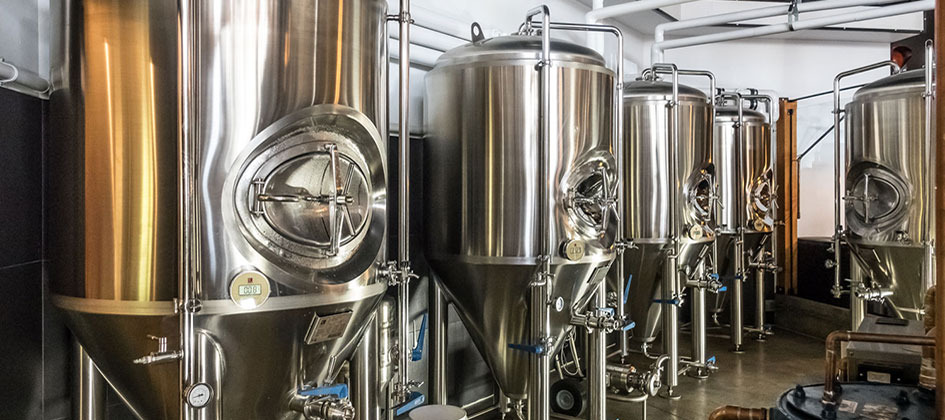search
date/time
 | Yorkshire Times Weekend Edition |

Andrew Liddle
Guest Writer
1:22 AM 29th July 2020
business
Mixed Reaction To Brewing Tax Reforms

The relief when first introduced almost twenty years ago gave brewers producing fewer than 5,000hl (about 880,000 pints) annually a fifty percent discount on beer duty. Once a brewer started producing more, however, the relief rate lowered on a sliding scale, a side effect of which was to discourage them from expanding into a higher tax bracket. This of course gave the very small brewers a competitive advantage over the big firms and provided an enormous leg up when getting started but restricted their development long term.
An association of mid-sized breweries has never been entirely happy about this. Under the collective name the Small Brewers’ Duty Reform Coalition, they have for years been lobbying for further tax breaks and adjustments, and the government’s recent announcement that it is lowering the threshold from 5,000hl to 2,100hl, to ‘support growth, boost productivity, and remove cliff edges’ might well seem to favour them.
Also by Andrew Liddle...
Scarborough Calling: Part Three - A Pub At The Gates Of ParadiseScarborough Calling: Part TwoScarborough Calling – Part OneSkinningrove’s Bright New Welcome For VisitorsPainting The Town With David RobinsonTim Dewey, chief executive of Timothy Taylor’s, of Keighley, was also optimistic the reform would encourage consumers to buy more traditional cask beer, the sale of which has been in decline in recent years as increasingly young people have turned to lagers and fruity craft beers in bottles and cans. ‘Despite a challenging economic environment, the government has recognised the genuine concerns which our industry has had with the distortions and disincentives within the Small Brewer’s Relief scheme and has acted to address these,’ he said. ‘There are some very positive steps in the right direction here for all of us who want a great future for cask ale.’
However, it is difficult to see any additional benefits actually accruing for the very small brewers, those that ordinarily produce less than 2,100hl, operating on the tightest of margins and the broader picture for those in the slightly higher production bracket seems far from rosy.
If the reform is designed to encourage craft brewers producing very small batches to scale up their business, the fear is it could very well have the opposite effect. James Calder, chief executive of the Society of Independent Brewers (SIBA), sounding a cautious note, said that without more information ‘We are unable to evaluate accurately who will win and who will lose, and by how much.’ However, he voiced a fear that a significant number of breweries which pre-Covid produced between 2,100hl and 5,000hl would actually see their beer duty actually increase.
Many people I spoke to in the micro-brewing trade fear that the worst hit will be breweries in the 4,000-5,000hl-production bracket. Others see larger breweries buying up smaller ones, using the duty relief to undercut the surviving competitors.
One brewer who produces 4,500hl delivered a very sobering judgement: ‘This is very bad news and will lead to closure before we can grow. 93% of the market is controlled by big brewers and all the benefits will go to them by removing a lot of small quality brewers from the market - which will lead to less consumer choice and less innovation. This will not bring the industry together – it will be war.’